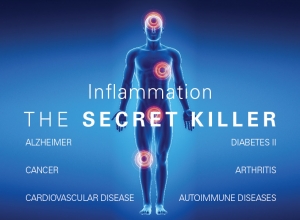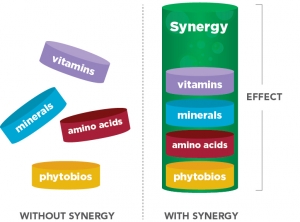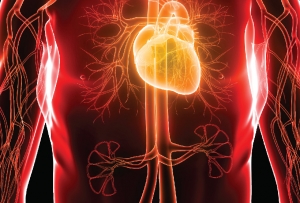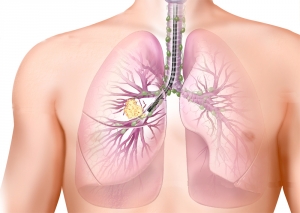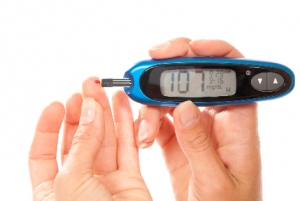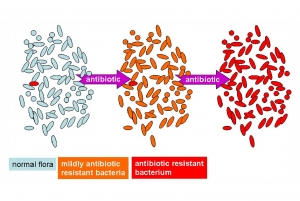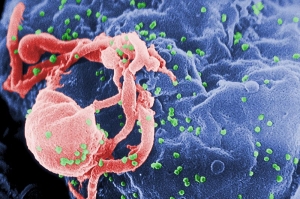Inflammation, with known symptoms of redness, feeling of heat, swelling, and pain is a natural body response to injury such as sunburn, a cut, infection or a twisted ankle. It is necessary for the healing process and subsides after a short time. However, long lasting chronic inflammation has detrimental effects in the body and has been associated with a wide variety of diseases like heart disease, arthritis, asthma, diabetes, autoimmune diseases, and cancer. The answer to inflammation is not an easy one and cannot be found in the form of pharmaceutical preparations.
Selecting the most effective supplementation is not an easy task. Especially considering that most of the nutritional supplements you find on the store shelves are either individual compounds or randomly combined ingredients, often selected according to marketing trends. Our research has introduced a new principle in modern nutrition, which is based on the proper selection and correct combinations of micronutrients, maximizing their desired biological impact. We call it micronutrient synergy.
Approximately 40% of the world population and almost one in three adults in the US have high blood pressure, which in individuals with additional genetic predisposition to heart disease greatly increases their risk of heart attacks and stoke. According to the World Health Organization, heart disease contributes to 17 million deaths worldwide each year, including 4 million deaths in Europe and 600,000 in the US.
Despite ever increasing prescriptions for high blood pressure and cholesterol reducing medications, cardiovascular disease is expected to increase to 40% by 2030. This is because conventional medicine does not address the root causes of these conditions, but focuses instead on the mechanical lowering of blood pressure or cholesterol readings with highly profitable drugs.
Lung cancer, the most common cause of death from cancer worldwide, was responsible for nearly one in five (1.38 million) cancer deaths in 20081. In 2012, about 1.8 million new lung cancer cases were diagnosed.
Current therapies are ineffective, highly toxic, and over half of all patients die within one year of being diagnosed. The five-year survival rate of only 3.5% has not improved over several decades. There is therefore an urgent need to change the direction in cancer research and develop new, original and safer approaches.
According to a recent study published in The Lancet medical journal, the number of people diagnosed with diabetes has increased four times in the past 35 years1. There were 108 million people diagnosed with diabetes in 1980 and 422 million in 2014. Based on this alarming statistical finding, the World Health Organization (WHO) selected diabetes as the theme for World Health Day 2016 in order to raise awareness and to prevent and effectively manage diabetes.
Athletes focus on increasing stamina, reducing muscle fatigue and injuries, and maximizing performance. While they recognize the role of macronutrients such as proteins, carbohydrates, fats, and other healthy foods, the importance of micronutrients is often neglected. Insufficiency of micronutrients frequently leads to easy fatigue, muscle or bone injury, and other ailments like arthritis. An intense exercise routine and increased metabolic turnover makes micronutrient supplementation essential for athletes.
Globally, resistance to treatment with antimicrobial drugs is becoming an increasingly serious public health problem. Antimicrobial resistance is a larger phenomenon than antibiotic resistance. In addition to drug resistant bacteria, the antimicrobial resistant species also include other drug resistant microbes such as fungi, parasites, and viruses. According to the World Health Organization (WHO), 480,000 new cases of multi drug resistant tuberculosis (XDR-TB) were diagnosed in 2013. Other disease causing and highly virulent organisms that have already developed drug resistance are malarial parasites, the fungus Candida, methicillin-resistant-Staphylococcus aureus (MRSA), and the bacteria causing gonorrhea. The drug resistant bacteria are estimated to cause 99,000 deaths in U.S. hospitals every year.
Acquired immune deficiency syndrome (AIDS) has become a worldwide epidemic and health threat. In 2012, about 34 million people worldwide were living with HIV, the human immunodeficiency virus linked to AIDS. In the US, 1.2 million people are infected with HIV with 50,000 new infections occurring every year. The World Health Organization (WHO) estimated that about 2.2 million new HIV infections occurred globally in 2012.
